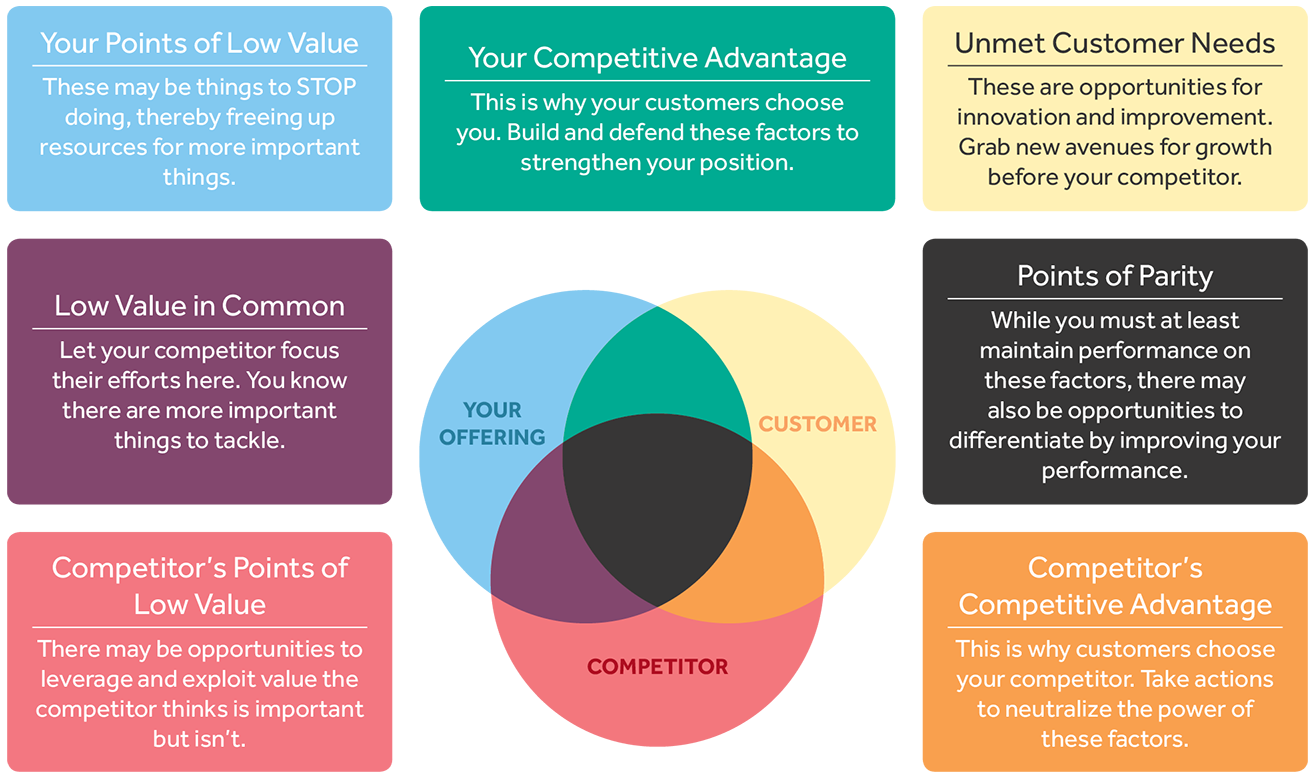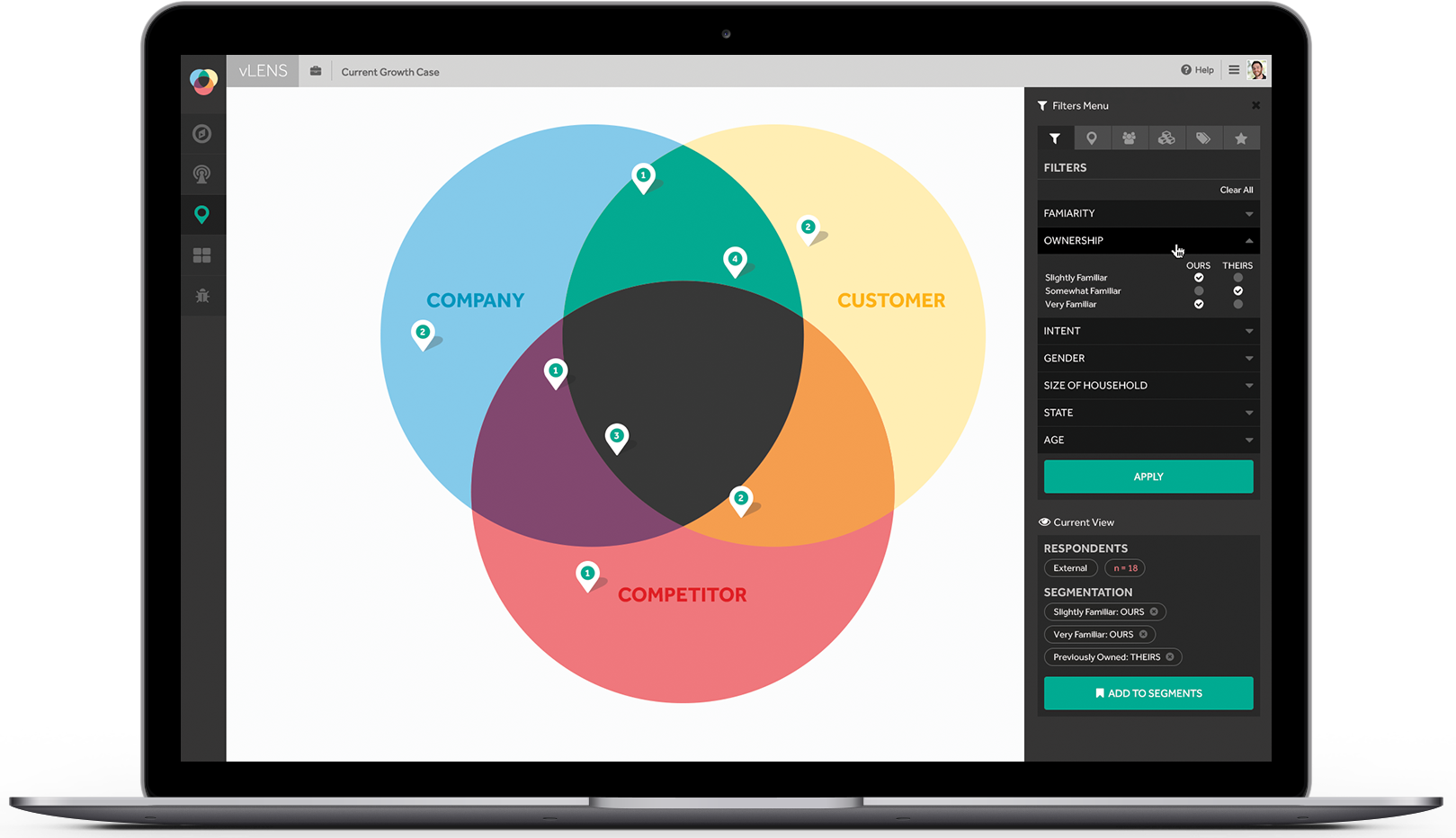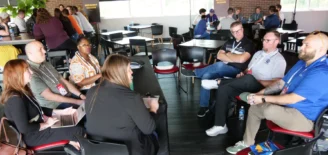Vennli invents customer ‘choice factor’ visualization platform, disrupts market research
The $40 billion global market research industry took a $1.4 billion dollar hit during the Great Recession as corporations slashed budgets and stockpiled cash due to uncertainty and continuing rising costs. Despite the fact that it’s more important to stay close to customers and maximize every sales opportunity during economic downturns, most companies chose to risk it, likely because they were slashing marketing budgets, too.
Now that the years-long recovery (slow as it may be) appears to be sustainable, companies are loosening the purse strings and increasing spending on market research and analytics by up to 100 percent, according to a VentureBeat study.
Vennli, the one-of-a-kind customer “choice factor” visualization and analytics software-as-a-service company based in South Bend, Ind., is quickly getting its fair share of this new spending with global brands that want to ensure they are getting actionable data — insights they can immediately use to improve their businesses — from their market research spend.
“We are disrupting market research because nobody else has built software to do what we’re doing delivering fast, accurate insights and visualization,” said Gary Gigot, co-founder and CEO, Vennli.
Typically, businesses spend $50,000 or more to get a survey done and they get back a 100-page document that can sit on a shelf because it’s already stale and can be hard to draw out insights, versus having choice data, real time and viewable via a software platform.

Joe UrbanyCo-Founder and University of Notre Dame Professor
“Vennli allows you to get to those customer insights — the choice factors — very quickly and visually to see immediately how to change your business, to change product, or to quit doing certain things based on how you stack up against your competitors and unmet customer needs,” Joe Urbany said.
Another valuable use of Vennli for marketers is the ability to communicate and share the vLens visual survey data up and down the decision-making chain internally to build consensus and combat internal biases like “gut-based” product development or sales strategies.


Gary GigotCo-Founder and CEO
Vennli similarly puts the power of previously unavailable technology into the hands of ordinary business people. The company is broadly targeting healthcare and auto manufacturers; public relations and advertising agencies; market research firms, (which are both competitors and a customer base for Vennli); retail banking; for-profit universities; and SaaS and technology companies.
The choice factors that populate the Vennli vLens are gathered via customer surveys that Vennli users create within the Vennli platform, then send to existing customer lists or third-party purchased demographic panels via Vennli’s built-in email feature. The platform also allows you to export a link to the survey so you can send it independently or through your own email marketing platform. Vennli offers customer success services if you need help or don’t have in-house staff to create and send the surveys using the platform. Increasingly, Vennli’s customer success group is focusing on analyzing the considerable choice data that they gather and delivering insights to customers for immediate business action.
The results are real-time and start populating the vLens immediately, which is a serious competitive advantage compared to waiting weeks or months for a traditional market research survey.

Vennli operates on a subscription model priced between $1,500 and $3,500 per month for the average customer, which is less expensive than even just one traditional market research study, and Vennli users can conduct endless surveys at no extra charge.
For example, Dunkin’ Donuts, a Vennli platform customer, could do a weekly survey and target four different customer profile types over the course of a month. Dunkin’ Donuts could repeat the surveys each month, adding season preference questions when relevant, and then use the platform to see how the choice factors change over time and how they are affected by seasonal offerings. This kind of progressive, constant input and updates isn’t possible with traditional market research, or it would be seriously cost prohibitive.
Vennli signed more than 100 paying customers with a revenue of $2 million last year after emerging from Beta in late 2014. The company has a $4 million+ bookings target for 2016 and Gigot expects to reach 200 customers by the end of the year.
To date, Vennli has raised $3.8 million in funding from Indiana and Notre Dame sources and is currently in a Series A funding raise with Elevate Venture and new and existing shareholders.

In an effort to raise the visibility and accelerate the growth of Indiana tech companies, each week we will spotlight a growing company with a compelling story. In particular, we will spotlight scale-up companies that are rapidly emerging and could become our community’s future success stories. Visit this page to learn more the Tailwind program and see if your company qualifies.
The Tailwind program is supported by grants from the Indiana Office of Small Business and Entrepreneurship (OSBE) and the JPMorgan Chase Foundation.


